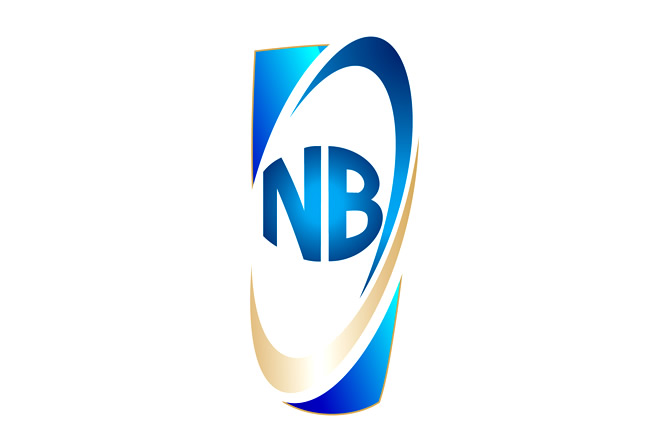The Board of Directors, Nigerian Breweries Plc-Nigeria’s foremost brewing company, has announced a total sum of ₦274.03billion as revenue for the first half of the 2022 financial year, which ended on June 30, 2022. The company also recorded a Profit After Tax (PAT) of ₦19.08 billion during the period.
According to the unaudited report and provisional results filed with The Nigerian Exchange Limited, the company experienced a 31% growth in revenue compared to the ₦209.22 billion recorded in the corresponding period in 2021.
The results also revealed Profit After Tax for the six-month period under review rose by 142.8%, from ₦7.86billion to ₦19.08billion. Similarly, basic earnings per share in H1 2022 was 237 kobo as against 97 kobo that was recorded in H1 last year.
According to a statement signed by the company secretary/Legal Director, Uaboi Agbebaku, the company’s increase in profit was driven mainly by top line growth resulting from its pricing strategy and better mix.
Further analysis of the results revealed that the Cost of Sales increased by 18.3%, from ₦131.34 billion in H1, 2021 to ₦155.35 billion in 2022 in the same corresponding period.
Marketing, Distribution, and Administrative expenses also rose by 44.6%, from ₦58.42 billion in H1, 2021 to ₦84.45 billion in H1, 2022, driven by the increase in commercial activities post-COVID, rising diesel prices and higher wages arising from collective labour agreements Uaboi also noted that although interest expenses were lower, the net finance cost was higher due to foreign exchange losses arising from a higher cost of meeting foreign obligations to overseas partners.
“Despite these challenges, our business continues to build momentum and deliver consistent profitable growth even in the context of a very challenging operating environment. Our best-in-class portfolio of brands provides a unique platform that positions us well to lead and grow the beer and malt category and drive superior long-term value creation,” the statement added.
The company, therefore, assured its stakeholders that it would continuously evaluate its financial position and business performance to ensure a strong balance sheet, while remaining dynamic in its response to operational challenges vis-à-vis the economy.
In line with its certification and status as a Great Place to Work company, it would also continue to prioritize the health, safety, and welfare of its employees and partners.













